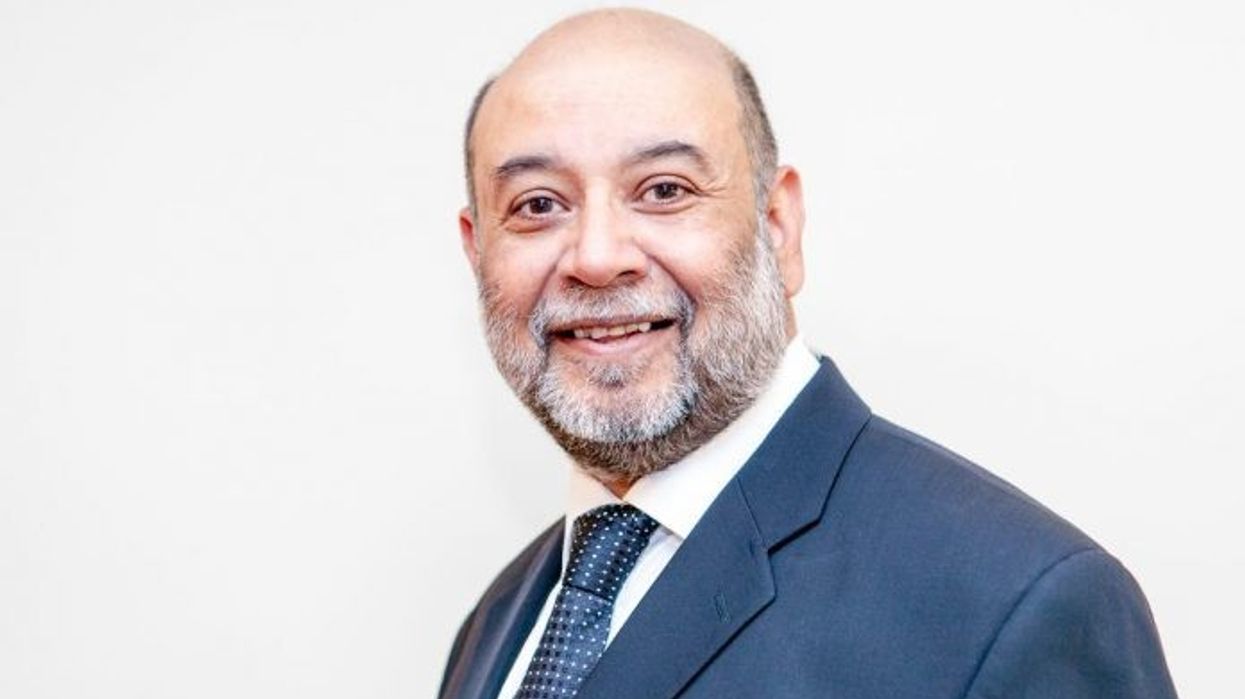Hemant Patel highlights the opportunities and challenges that community pharmacy could face under Wes Streeting’s proposed reforms
Wes Streeting’s speech at the Labour Party Conference 2024 outlines several key health and social care reforms, which hold significant implications for community pharmacy in England. His focus on reforming and rebuilding the NHS to ensure fair, universal access to care, with prevention and early intervention at its core, presents both opportunities and challenges for community pharmacy. Here are the potential implications:
1. Prevention Focus
Streeting's vision of a shift from a reactive, hospital-based model to a preventive healthcare system presents a promising future for community pharmacies. These changes could significantly reduce pressures on GPs and hospitals, integrating pharmacies more closely into primary care networks and enhancing their role in preventive care.
2. Digital Transformation
The move from an “analogue to digital” NHS could see community pharmacies adopting more digital tools and systems for service delivery. This would likely involve greater use of digital prescribing, telehealth consultations, and AI-driven services. Pharmacies will need to invest in digital infrastructure and ensure that pharmacy professionals are trained to operate within a more tech-centric environment.
3. Reform and Redistribution of Services
Streeting’s plans to extend choice and equitable access to services mean that community pharmacies could become integral to providing care in underserved or disadvantaged areas. With a focus on decentralising healthcare and bringing it closer to local communities, community pharmacies could play a more significant role in supporting healthcare delivery in areas where GP services are stretched. This may include expanding access to pharmacy services in the most deprived areas, aligning with Labour’s emphasis on addressing health inequalities.
4. Integration with Other Services
The speech highlights a vision of a more integrated health and care system with cross-disciplinary collaboration. Community pharmacies may need to collaborate more closely with other healthcare providers, such as hospitals, GPs, and social care services, to create a seamless continuum of care. Pharmacists could become more involved in multidisciplinary teams, particularly for managing chronic conditions, medication reviews, and post-discharge care.
5. Workforce Development and Respect for Health Professionals
Streeting’s promise of improving pay and conditions for care professionals, as well as enhancing respect for the healthcare workforce, could extend to community pharmacists. This may present an opportunity to advocate for better recognition of pharmacists as essential frontline healthcare providers. It is also an opening for addressing workforce shortages and recruitment issues within the sector, as community pharmacies struggle with staffing.
6. Addressing Access Issues
With the current difficulties in accessing GPs and long waiting lists, community pharmacies have an opportunity to expand their role in providing accessible care for minor ailments, medication management, and urgent care services. Labour’s focus on clearing backlogs and improving access means that pharmacies could relieve some of the pressure from GPs, potentially through initiatives such as the Pharmacy First scheme.
7. Public Health Initiatives
Labour’s commitment to improving children’s health, banning junk food ads, and focusing on health promotion provides an opportunity for pharmacies to be more involved in public health campaigns. Community pharmacies are well-placed to support such initiatives by providing advice, education, and health products to patients, particularly in high-traffic areas.
8. Funding Challenges
Despite the potential for an expanded role, funding remains a critical concern. While Streeting’s speech included commitments to NHS investment, it is unclear how this will translate into funding for community pharmacy services. Community pharmacies may face financial pressure as they try to meet the demands of an expanded role without corresponding increases in financial support.
9. Two-Tier Healthcare
Streeting was adamant about Labour’s opposition to a two-tier system and the use of private healthcare, which could lead to a push for more pharmacy services to remain accessible to all, free at the point of use. This could mean that some services currently available privately in pharmacies, such as certain vaccinations or diagnostic tests, could be integrated into NHS provision to ensure equitable access.
10. Reform or Die Narrative
Streeting’s stark message—“reform or die”—applies to the entire healthcare system, including community pharmacies. Pharmacies must be prepared to embrace reforms, expand their roles, and evolve to meet the challenges of a modern, digital, and preventive healthcare system. Failure to adapt could result in reduced relevance in the NHS's future structure.
In summary, Streeting’s proposed reforms suggest an expanded, more integrated role for community pharmacies in delivering preventive care and improving healthcare access. However, these opportunities will come with challenges in terms of funding, workforce development, and the need to embrace digital transformation.
Authored by Hemant Patel
BSc, Dip Pharmacol, CPCC, PCC, FRPharmS
Past President, RPSGB












